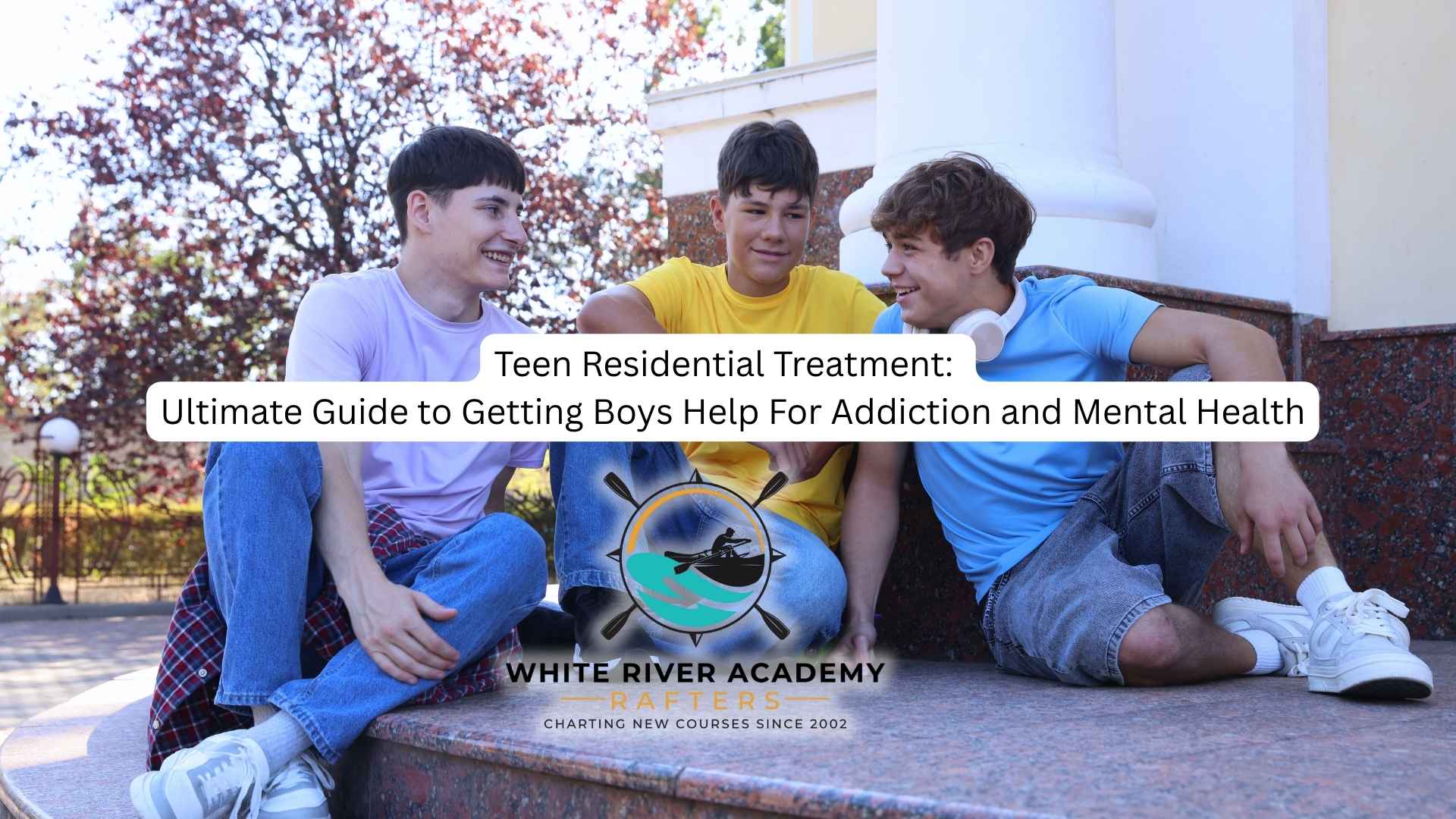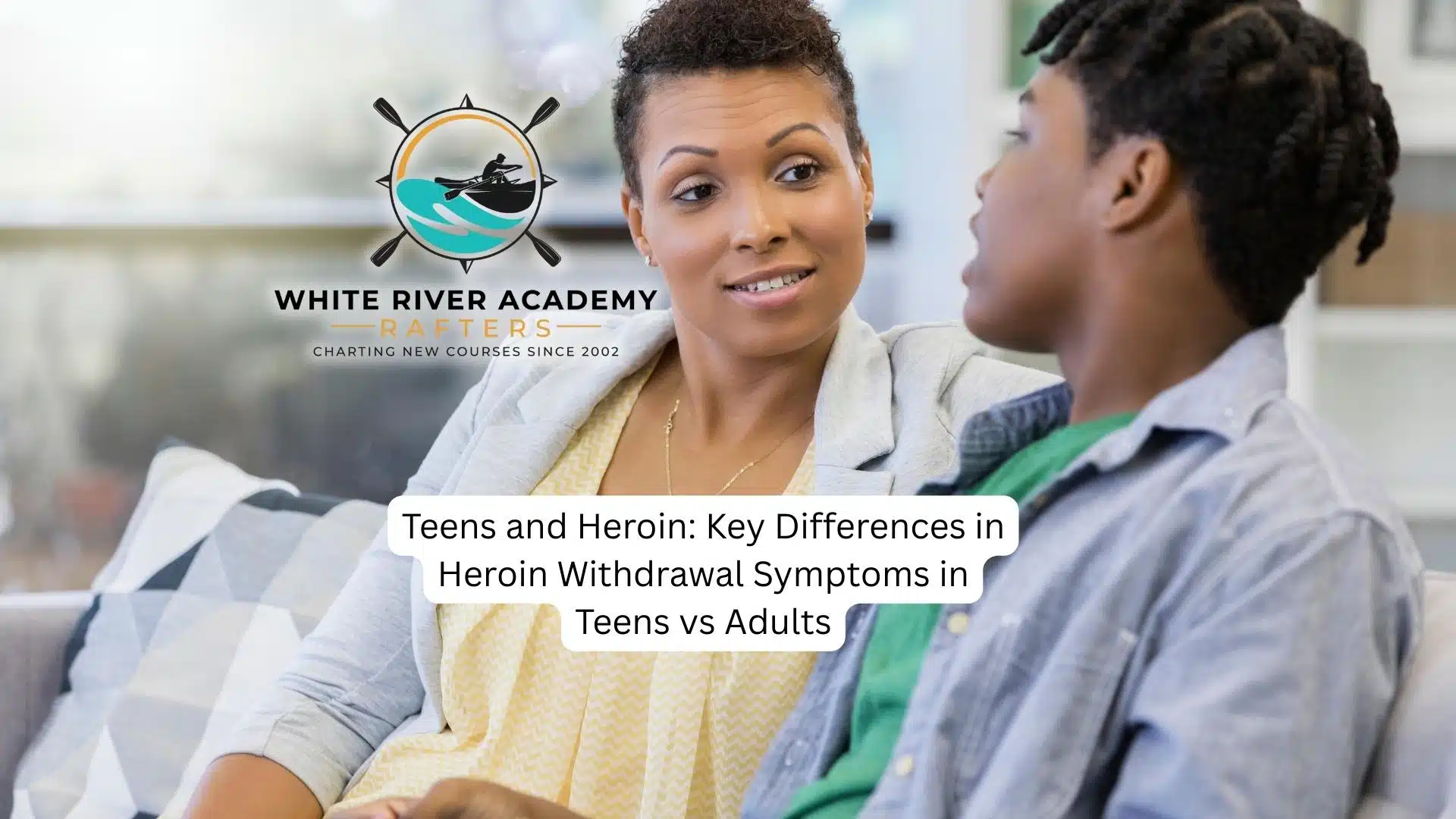Sexual addiction among teenagers is a serious issue that can significantly impact their emotional development, relationships, academic performance, and overall quality of life. Understanding this condition and knowing how parents can effectively support their teens is crucial. Sexual addiction refers to compulsive sexual behaviors, urges, or thoughts that become overwhelming and interfere with daily functioning.
For parents, recognizing the signs and knowing how to intervene appropriately can make a significant difference in their teenager’s journey toward recovery.
Recognizing Signs of Sexual Addiction in Teens
Identifying sexual addiction in teenagers can be challenging because symptoms often overlap with typical adolescent curiosity. However, clear signs include an excessive preoccupation with sexual activities or pornography, the inability to stop despite negative consequences, withdrawal from friends or social activities, declining academic performance, and noticeable mood changes, such as anxiety or irritability, when unable to engage in these behaviors.
If these symptoms become evident, parents should closely monitor their teen’s behavior, especially if changes persist or worsen over time. Early identification and intervention through specialized sexual addiction treatments can significantly improve outcomes.
Creating a Safe and Open Environment
Addressing sensitive topics like sexual addiction requires an environment of openness, trust, and mutual respect. Parents should foster an atmosphere where their teen feels secure enough to discuss their experiences honestly, without fear of harsh judgments or punishment.
Effective communication involves actively listening, validating their emotions, and responding with empathy rather than criticism. Establishing consistent, non-judgmental conversations helps teens feel understood and supported, significantly reducing feelings of shame or isolation.
Parents should emphasize confidentiality to ensure their teen feels safe to express vulnerable thoughts. Building trust through ongoing, patient, and supportive dialogue is critical for enabling teens to openly discuss their struggles, paving the way for meaningful recovery and emotional healing.
Setting Healthy Boundaries and Limits
Clearly defined boundaries and consistent enforcement can help teens manage their behaviors more effectively. Parents should establish and communicate clear rules regarding technology use, internet access, and social interactions.
Implementing parental controls and monitoring software may also be beneficial in regulating exposure to harmful materials and reducing triggers. However, it is essential to balance monitoring with trust, ensuring teens understand these boundaries are protective rather than punitive.
Seeking Professional Support and Therapy
Professional intervention is often crucial for overcoming sexual addiction. Therapists specializing in adolescent sexual addiction can provide tailored treatments such as cognitive-behavioral therapy (CBT), group therapy, or family therapy. CBT helps teens recognize harmful patterns and develop healthier coping strategies, while family therapy involves parents in the healing process, improving communication and mutual understanding.
On top of that, therapists utilize mindfulness-based approaches, trauma-informed care, or motivational interviewing to address underlying emotional issues contributing to the addiction. Research shows that comprehensive therapy programs, especially those involving family participation, significantly improve recovery outcomes for adolescents facing addiction issues.
Encouraging Positive and Healthy Activities
Redirecting teens toward healthy, positive activities can significantly support their recovery process. Parents should encourage involvement in sports, arts, volunteering, or other engaging extracurricular activities. Such pursuits can enhance self-esteem, provide healthy emotional outlets, and reduce the likelihood of reverting to addictive behaviors.
Structured routines that include regular physical activity, social interactions, and family engagement are also beneficial. Encouraging teens to develop new skills or hobbies can create a sense of accomplishment and purpose, further motivating them toward positive change.
Educating Yourself as a Parent
Education is crucial for parents to understand sexual addiction better and effectively support their teens. Attending workshops, joining parent support groups, or consulting reputable resources can help parents stay informed about the latest treatment approaches, behavioral insights, and effective communication techniques.
Being well-informed empowers parents to approach their teen’s addiction from a position of knowledge and strength, fostering a more supportive and effective home environment. Understanding the psychological and neurological aspects of addiction can help parents provide more targeted and empathetic support.
Final Thoughts from White River Academy
At White River Academy, recognizing and addressing sexual addiction among teenage boys is integral to supporting their long-term health and development. Sexual addiction is complex but manageable through education, open communication, professional therapy, and active parental involvement. Providing male youth with a supportive framework and effective intervention strategies can significantly enhance their recovery journey, laying the foundation for a healthier, more balanced adulthood.




